Get the facts about Pelvic Organ Prolapse and Stress Urinary Incontinence
With so many women affected by POP and SUI, it is important to have a solid understanding of the causes, symptoms and treatments and potential side effects to fully explore all of your options.
- Pelvic Organ Prolapse – Pelvic organs are supported by muscles and ligaments that keep them in place. Over time and for a variety of reasons, these muscles and ligaments weaken and organs slip out of place. Childbirth, hysterectomy, menopause and prior pelvic surgeries all contribute to POP. Under the general umbrella of POP, there are different kinds of POP that affect different organs.
- Anterior prolapse (cystocele) – Anterior prolapse, often called prolapsed bladder, occurs when the bladder bulges into the vagina due to weakened tissues between the vaginal wall and bladder.
- Uterine prolapse – When the pelvic floor muscles and ligaments supporting the uterus weaken, the uterus often slips down into the vagina. Women who’ve had multiple vaginal deliveries are at increased risk for uterine prolapse.
- Stress Urinary Incontinence – SUI is the unintentional loss of urine caused by physical movements such as coughing, laughing, standing, lifting heavy objects, exercising and intercourse. Similar to POP, SUI is caused by the weakening of pelvic floor muscles and urinary tract tissues.
Because POP and SUI affect so many women, the implantation of transvaginal mesh to relieve symptoms has become a common procedure. However, thousands of patients have reported significant complications following mesh surgery and numerous lawsuits and complaints have been lodged against mesh manufacturers as well as physicians that fail to adequately warn patients of the risks associated with transvaginal mesh. If you have questions about your own situation, our experienced transvaginal mesh attorneys are ready to help you determine the most appropriate course of action based on your unique circumstances.

.avif)

















.avif)


